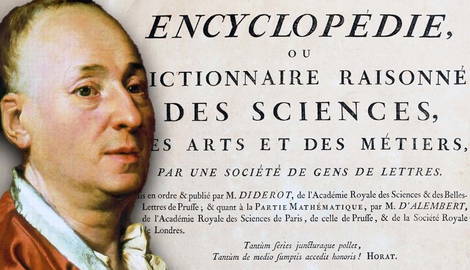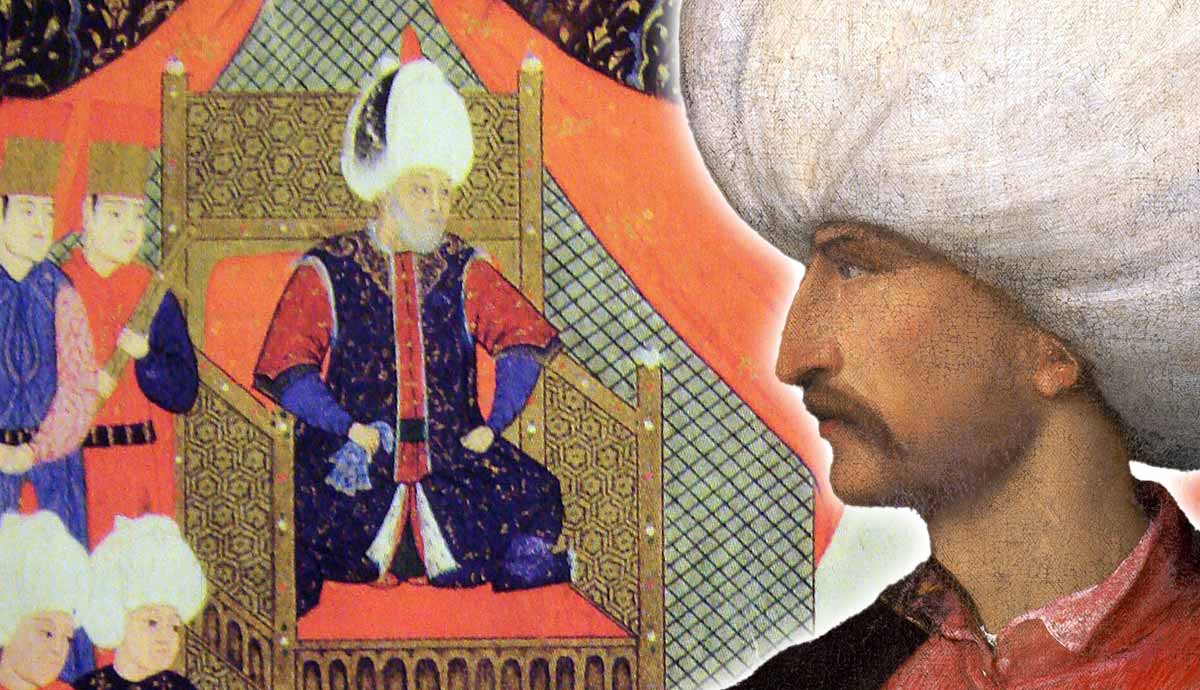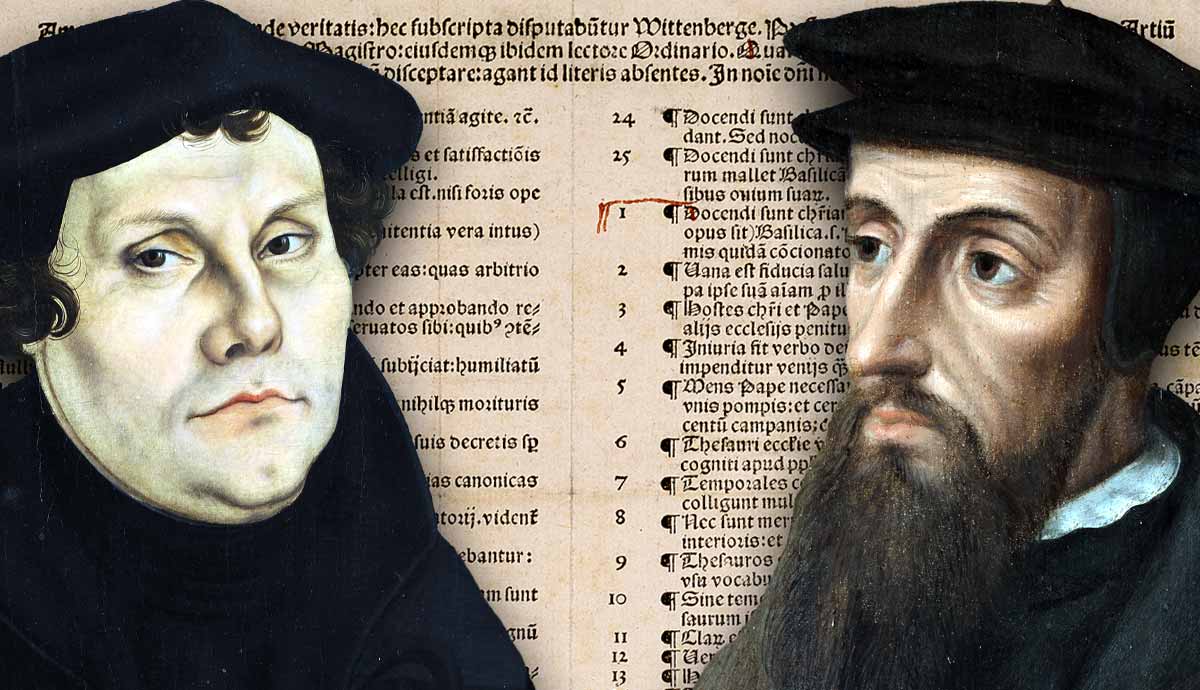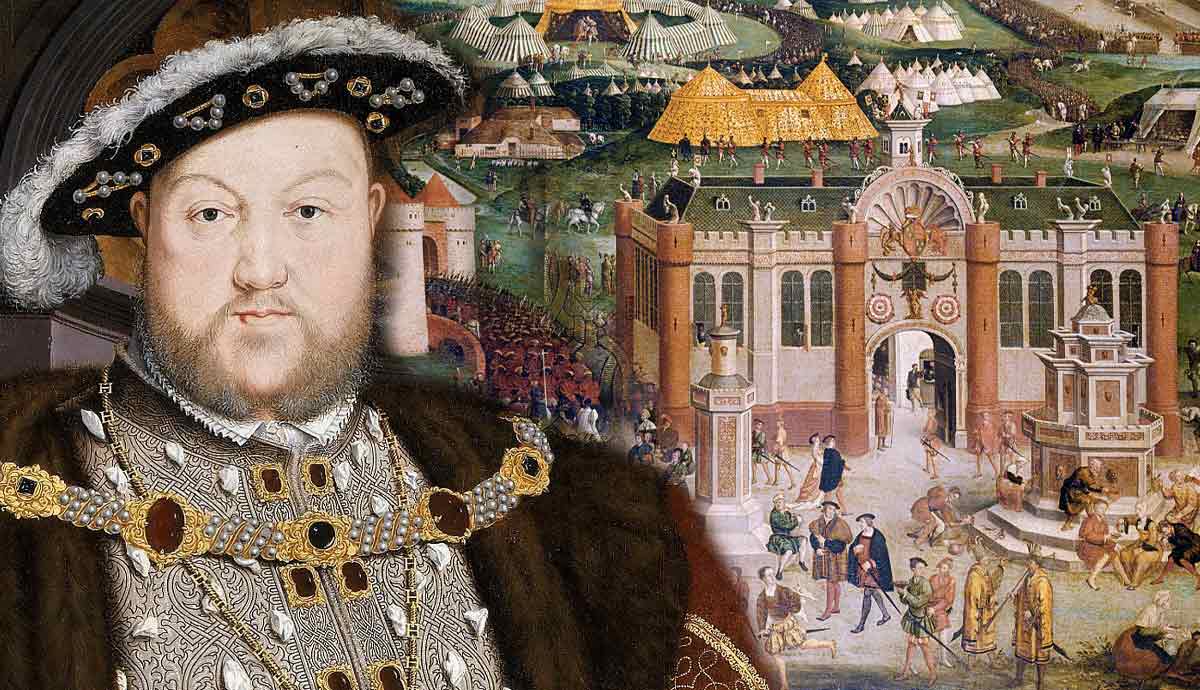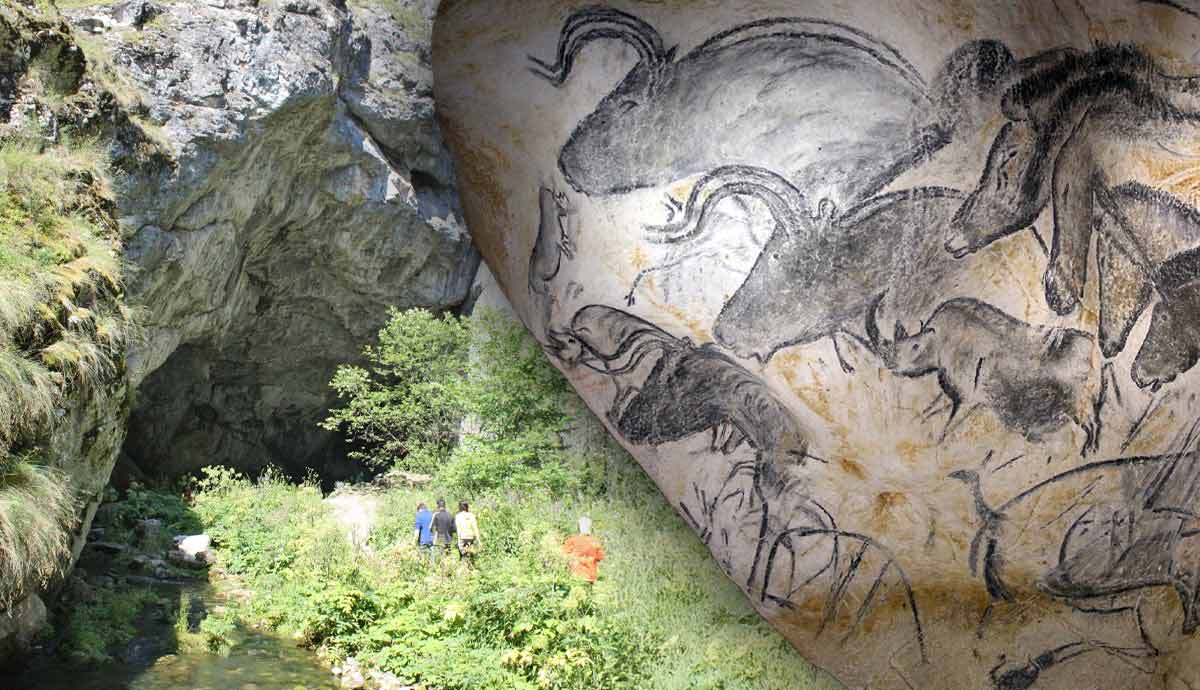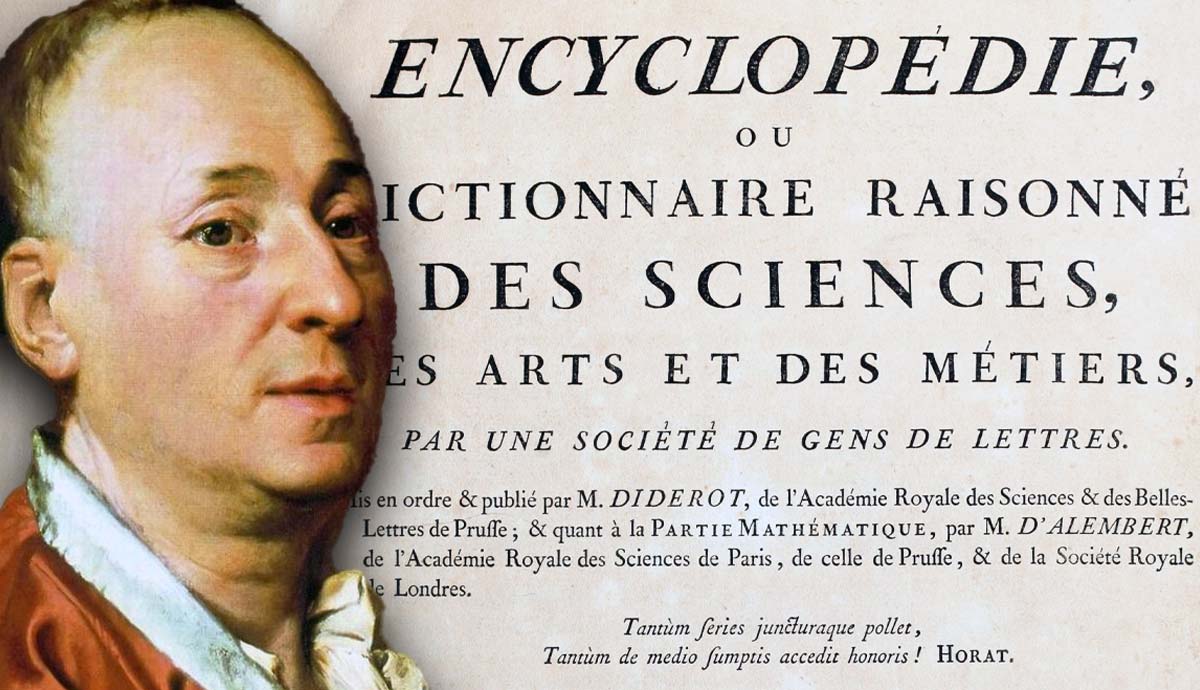
Few individuals influenced modern philosophy and education in a way that is similar to Denis Diderot’s. During his life, he worked for the democratization of knowledge and made scientific and philosophical writings available to wider audiences. He is most recognized as co-editor of the Encyclopedia, but he was an author of numerous works and a philosopher who challenged the conventions of French society during the Enlightenment Era. This article will explore the life and legacy of the fascinating Denis Diderot.
Denis Diderot’s Early Life
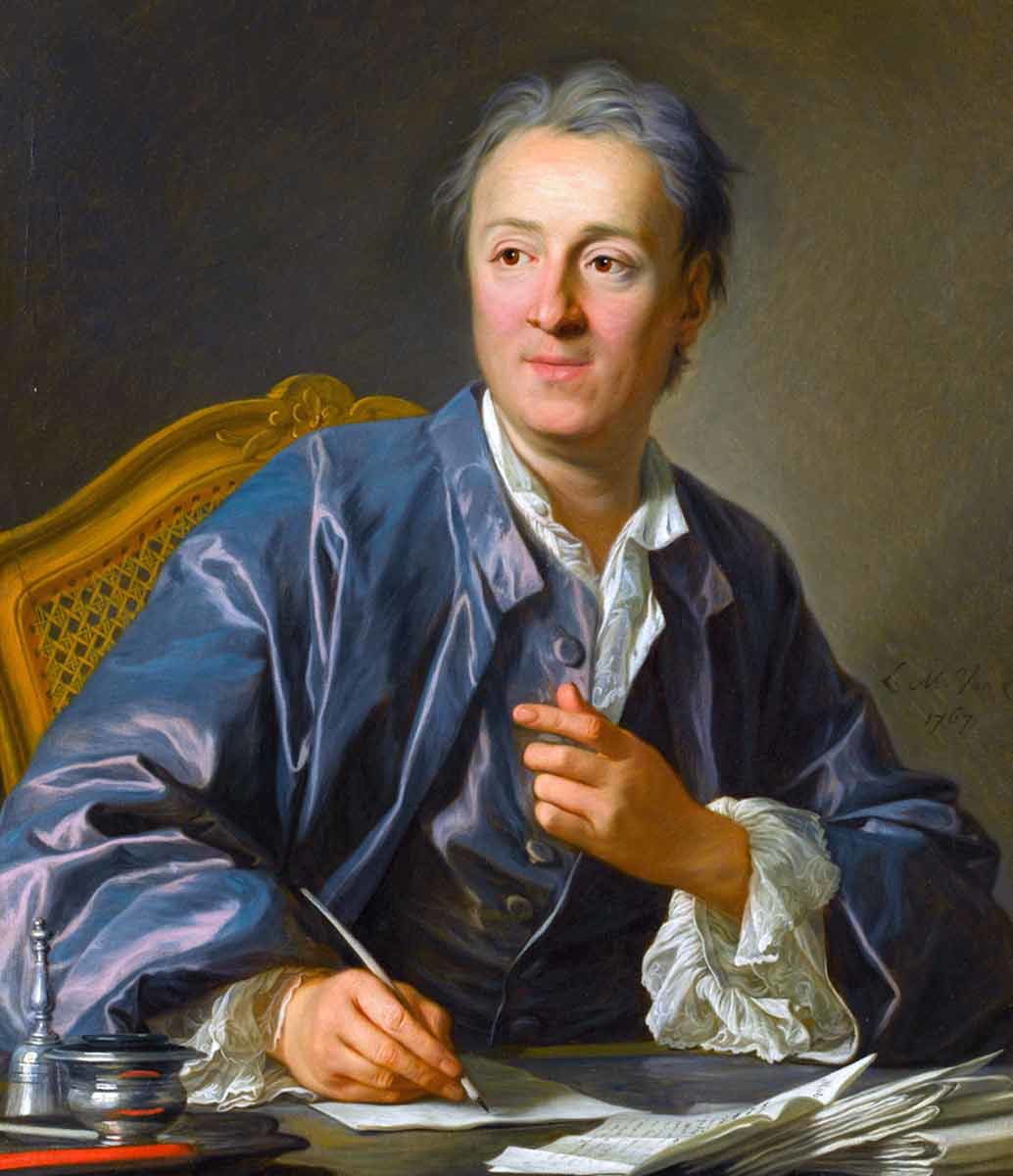
Denis Diderot (1713-1784) was born into a good family in the beautiful country town of Langres in the Champagne district of northeast central France. He was from a rich background; his father was a master cutler, which indicated that the Diderots earned more than an average French family.
His parents wanted him to pursue a theological education and to find his place within the Church. Diderot was pushed and supported by his family to get the best education, and he ultimately ended up in Paris studying literature, philosophy, arts, and science. This was the period when he began to ask questions about Christianity, the authoritarianism of the Catholic Church, and politics.
Upon completing his education, Diderot continued to explore and read authors such as Cicero but also got to know more contemporary authors such as John Locke and Voltaire. His degree was in arts, but he also started studying law and philosophy. He began working as a tutor and a contributing writer in Paris. The academic and philosophical climate in the French capital in the 18th century was a perfect place for a young man like Diderot to immerse himself in Enlightenment ideals and start developing critical thinking.
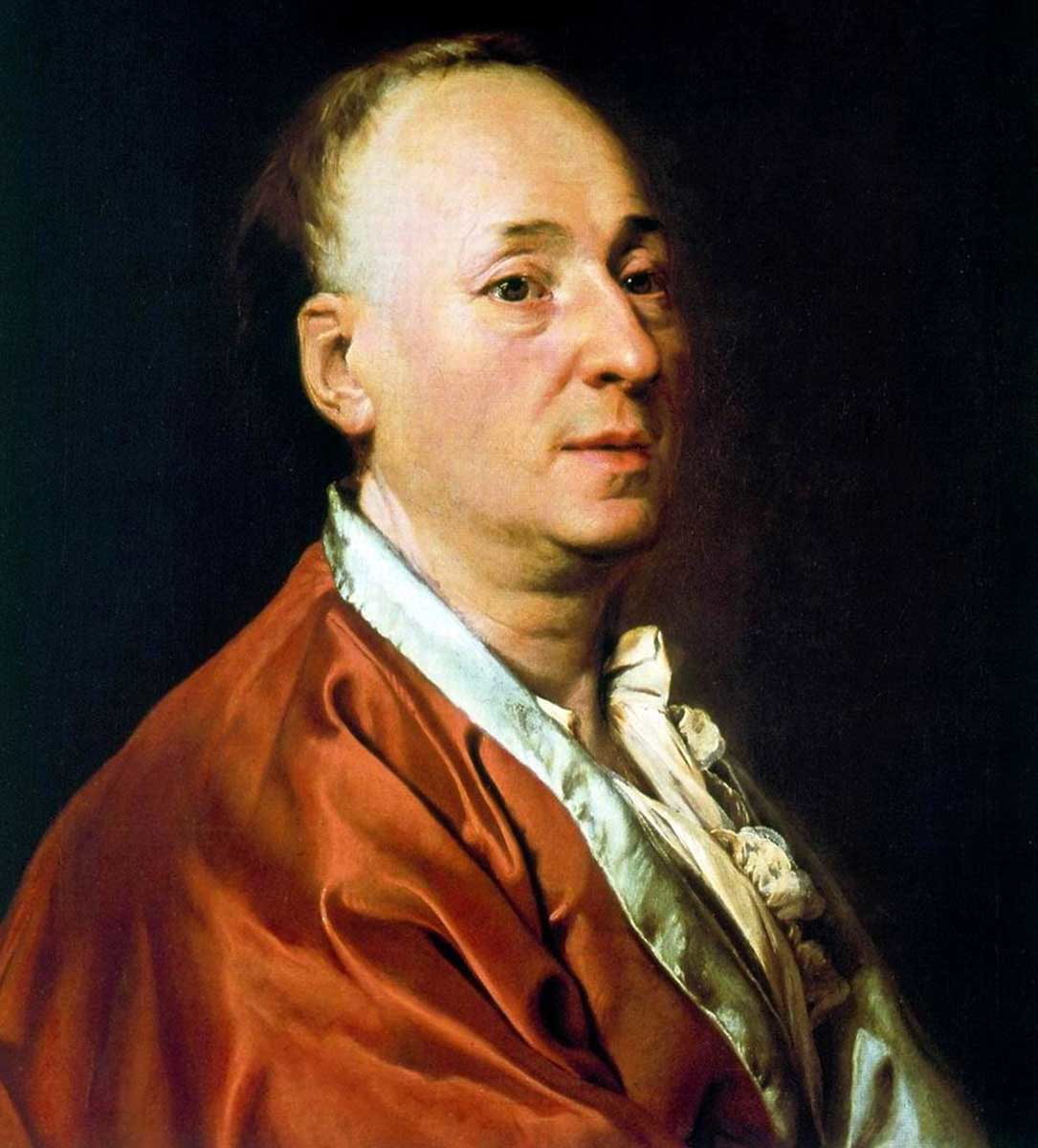
By exposing himself to new political and philosophical ideas, Diderot was happy that he chose a life away from the Church. He started to see all the unfairness in society, from the government’s exploitation to the hypocrisy of the Church. Diderot was deeply dissatisfied with the state of education and the involvement of the Church doctrines in the sciences. He was a true man of the Enlightenment Era; he stood for reason, logic, and progress, all of which were contrary to the political and religious establishment of his time.
The Recognition and Imprisonment
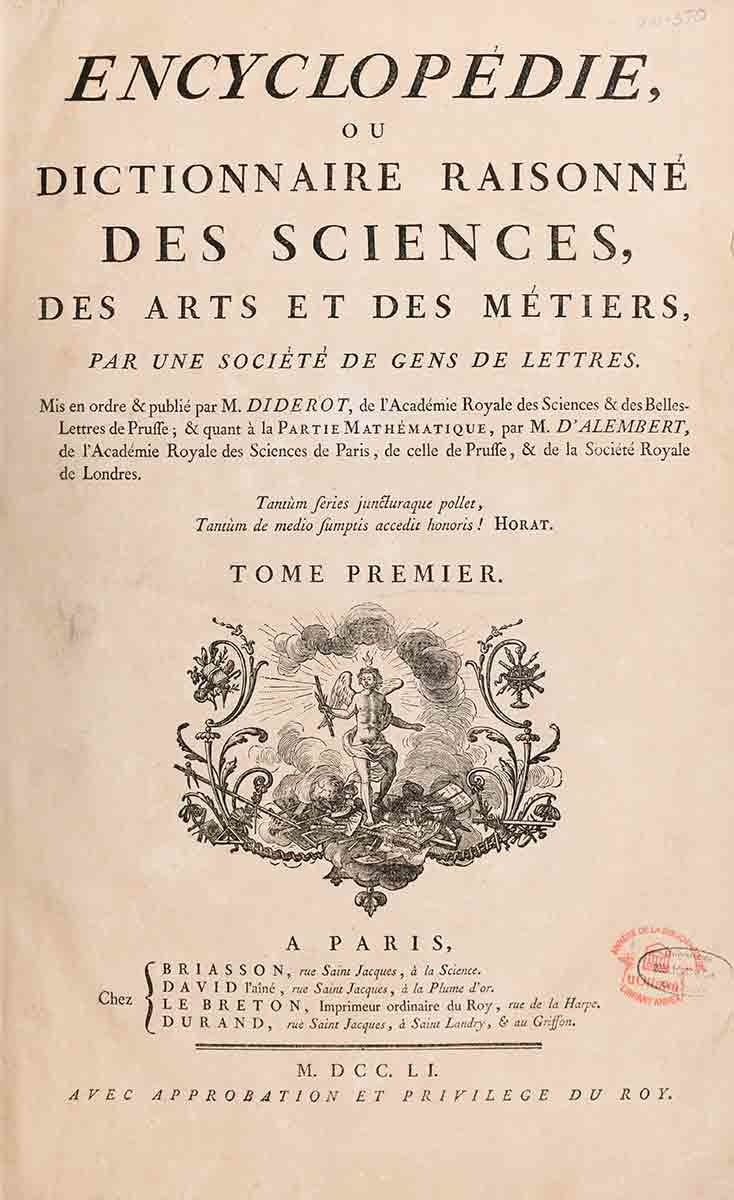
Diderot rose to fame in the 1740s and started his path to getting more recognition. His start was not easy, and he had some tough days, on the verge of poverty. His first jobs in the scholarly community were translations. His most famous one was the translation of A Dictionary of Medicine. He also started to write philosophical works emphasizing rational reasoning and critical thinking.
Denis Diderot’s most famous philosophical works from this period were Pensees Philosophiques and La Promenade du Sceptique. In both works, Diderot was questioned and addressed topics such as religion, morality, and dogmatism. He was quite vocal and specific when it came to expressing his opinion and advocating secularism. This is when he began to be noticed and acknowledged by his colleagues.
It is also important to note that Diderot was an author of scientific, literary, and philosophical works. He penned provocative essays on optics and acoustics and made a good point about how reason plays a key role in science and the humanities.
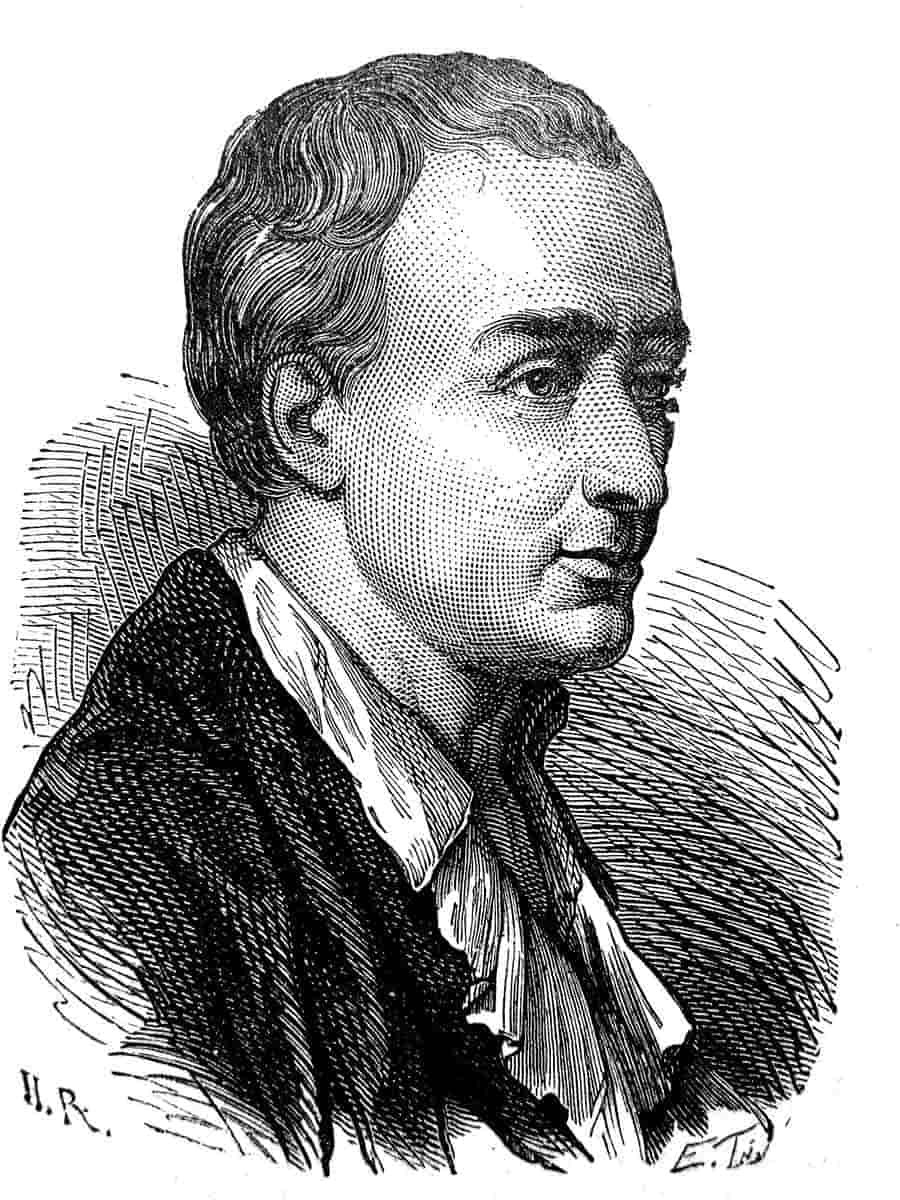
Because of his work and rapid recognition, Diderot soon came on the radar of the political and religious authorities in France. The piece that got him into trouble was the essay Letter on the Blind for the Use of Those Who See. In the eyes of authorities, this essay was blasphemous. The reason for that was because it questioned the idea and the existence of God, and also promoted materialistic philosophy. To say that the essay was not well received is an understatement.
The Church saw it as a direct attack on its doctrines, and the French government saw it as a defiance of the existing order in society. Diderot was eventually arrested in 1749 and spent three months in prison. Ending up in prison was an eye-opening moment for Diderot; he became aware of the consequences of talking openly about his political and philosophical stances and questioning authority. Scholars believe that this moment was consequential for Diderot embarking on a quest to make knowledge more available. It led him to the Encyclopedia.
The Encyclopedia
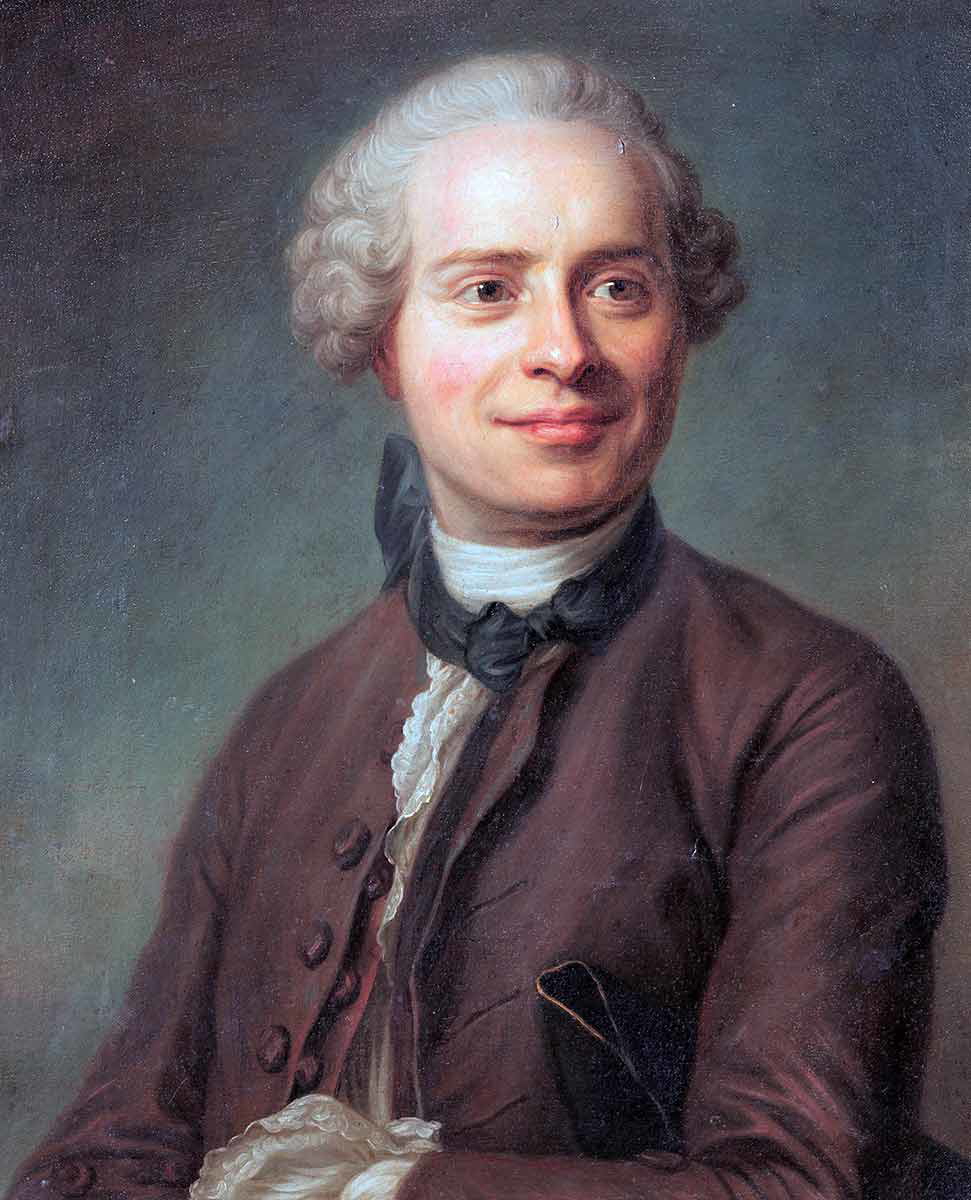
While working as a translator, Diderot got the opportunity to translate Cyclopaedia: or, An Universal Dictionary of Arts and Sciences. The encyclopedia in question was published in 1728 in the English language, and it was quite popular. The French publisher, Andre Le Breton, wanted to commission Diderot to translate it into French. He was hired in 1745 as a translator and editor, but his vision for the project became way bigger.
Diderot had always wanted to make scholarly works and knowledge more accessible, but after clashing with the authorities and being imprisoned, he decided to take a completely different approach to the project.
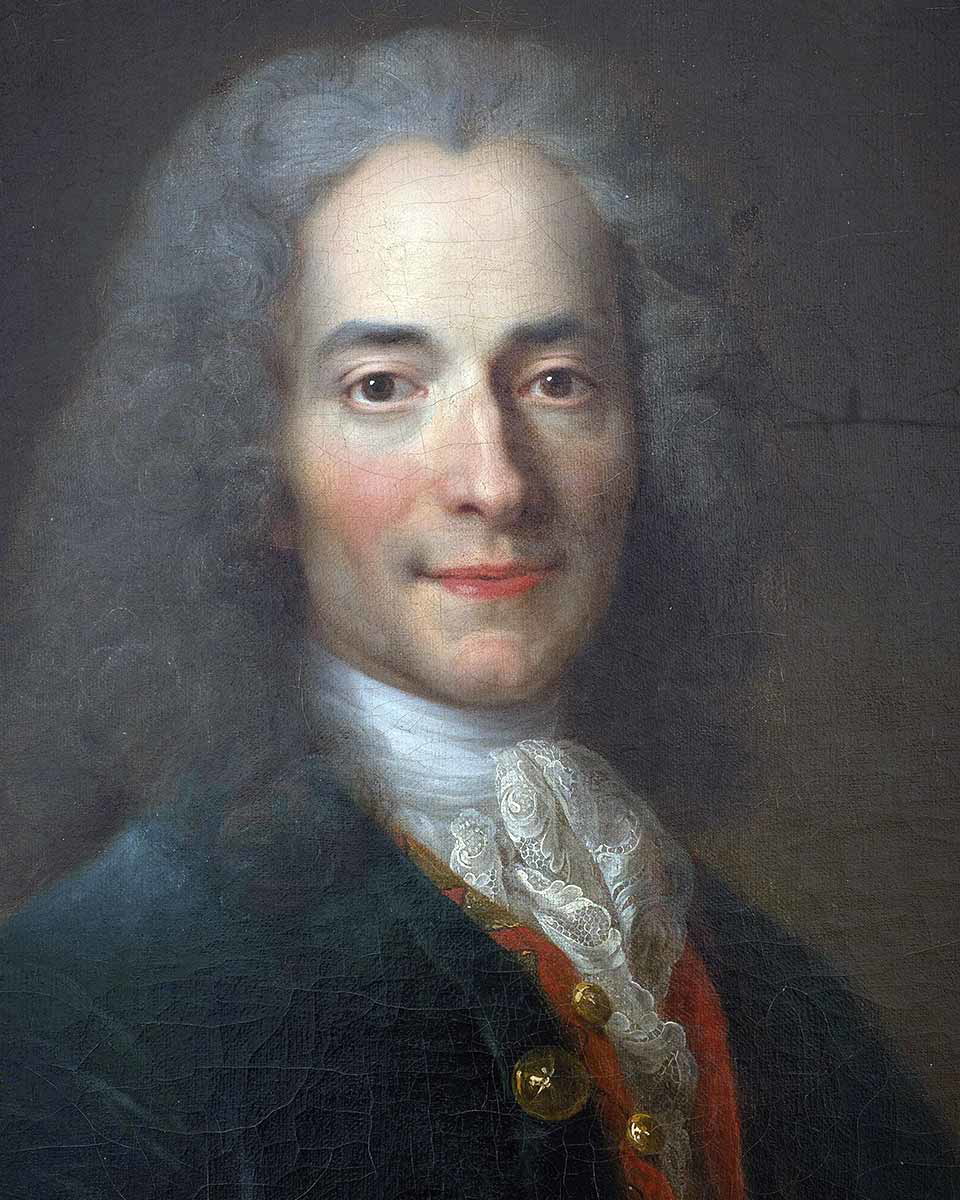
With the green light from Le Breton and with the help of his friend and co-editor, Jean le Rond d’Aalambert, Diderot decided to put aside the original idea of translating Cyclopedia. Instead, he wanted to publish a wholly new and original encyclopedia, which would be educationally compiled of knowledge and information, celebrating the Enlightenment ideals. The two editors did not want only to catalog the knowledge but also to spread ideas of progress, education, empirical research, and critical thinking. They also sought to call for a change in society, secularism, and more democratic institutions.
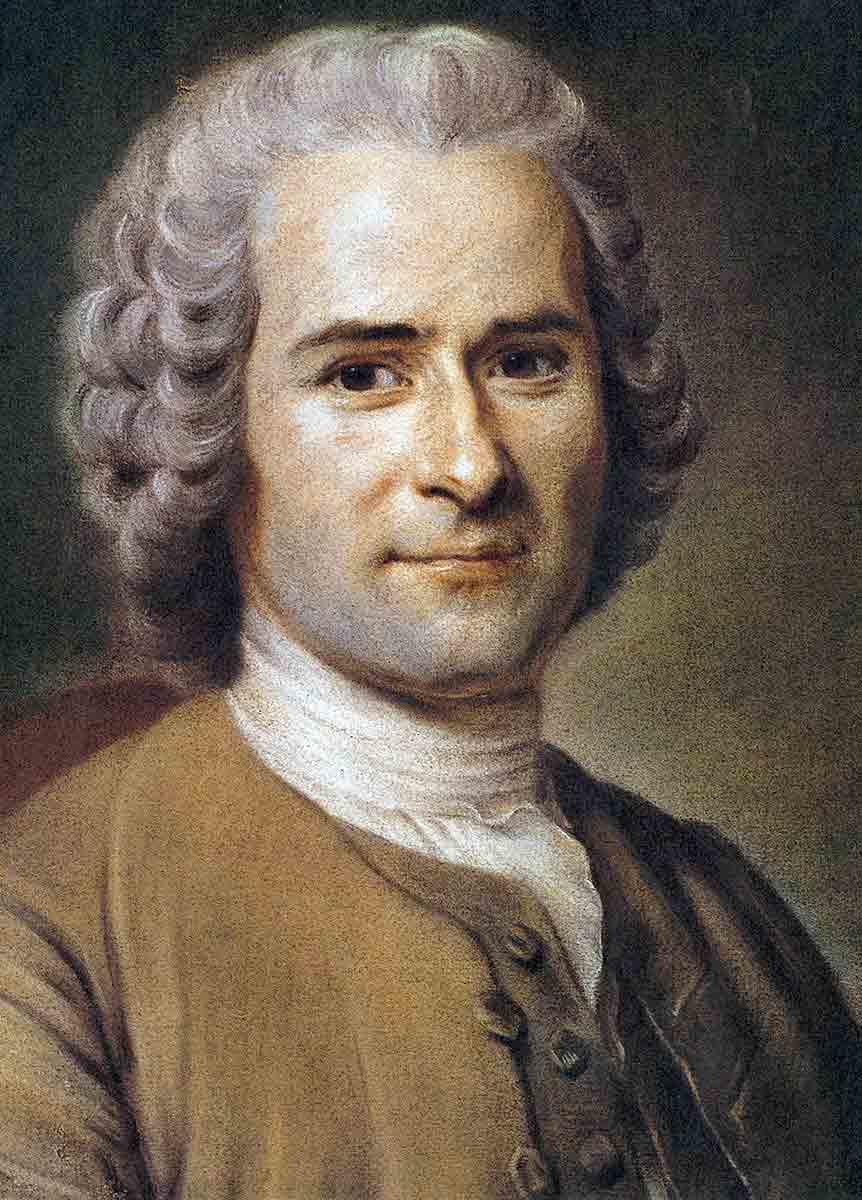
The volumes of the Encyclopedia were published between 1751 and 1772, containing more than 71,000 articles of which some of the most well-known scholars from the Enlightenment Era contributed, including Voltaire, Rousseau, Montesquieu, Condillac, and Buffon. Before the Encyclopedia could be published, there were a lot of difficulties, such as censorship, financial problems, and threats from the government. However, Diderot found a way for the project to continue and for the scholarly articles to get to the right people so that a whole new generation of authors could be educated.
Catherine the Great and Denis Diderot
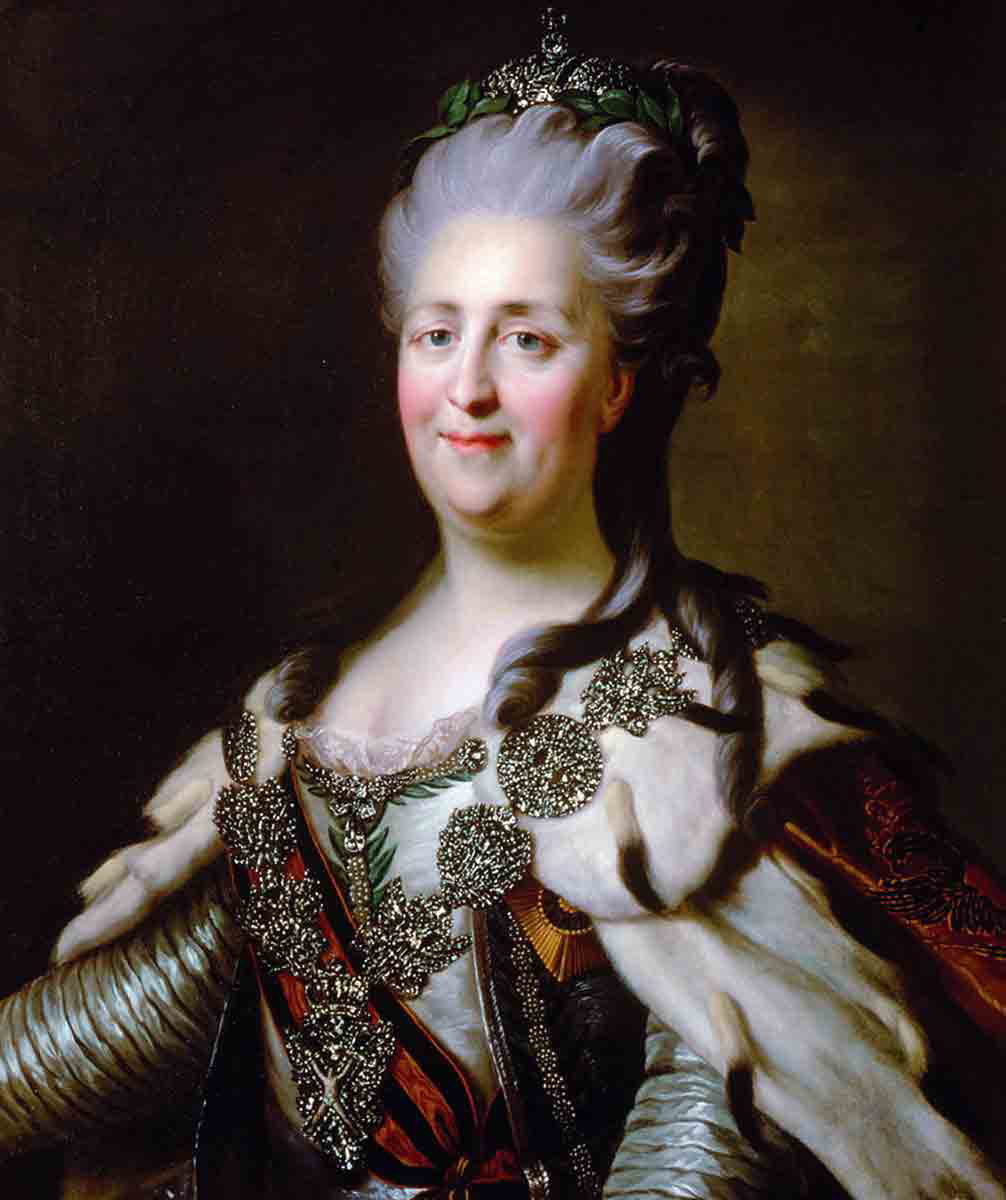
Catherine the Great, the Russian empress, grew quite fond of Denis Diderot and his work. The two got in contact when Diderot wanted to sell his library due to his financial struggles. Catherine the Great was famous for appreciating Enlightenment thinkers and their works, so she bought his library, allowing him to keep it while he was alive. She made him her librarian, which came with a nice salary, helping him overcome his money problems and giving him a less stressful environment to write and work.
The two of them met in 1773 when the Russian empress welcomed him to her court in Saint Petersburg. It is said that they had an amicable relationship and connection and engaging conversations on various subjects. They talked a lot about the situation in Russia and much-needed reforms, and Diderot pointed out the necessity for a change in Russian society. Catherine referred to herself as a “pragmatic ruler” and called Diderot her “philosopher.” She was somewhat his patron, providing him with financial support.
The relationship between the empress and the philosopher was unique as they came not only from two different parts of the world but because they represented two very different ideologies. Diderot was an Enlightenment Era philosopher who asked for change and progress, while Catherine was an absolute monarch who governed by the current systems of oppression. But their odd camaraderie turned into a genuine friendship and sponsorship, which enabled Diderot to write, promote the Enlightenment ideas, and make knowledge more available across the world.
The Legacy of Denis Diderot
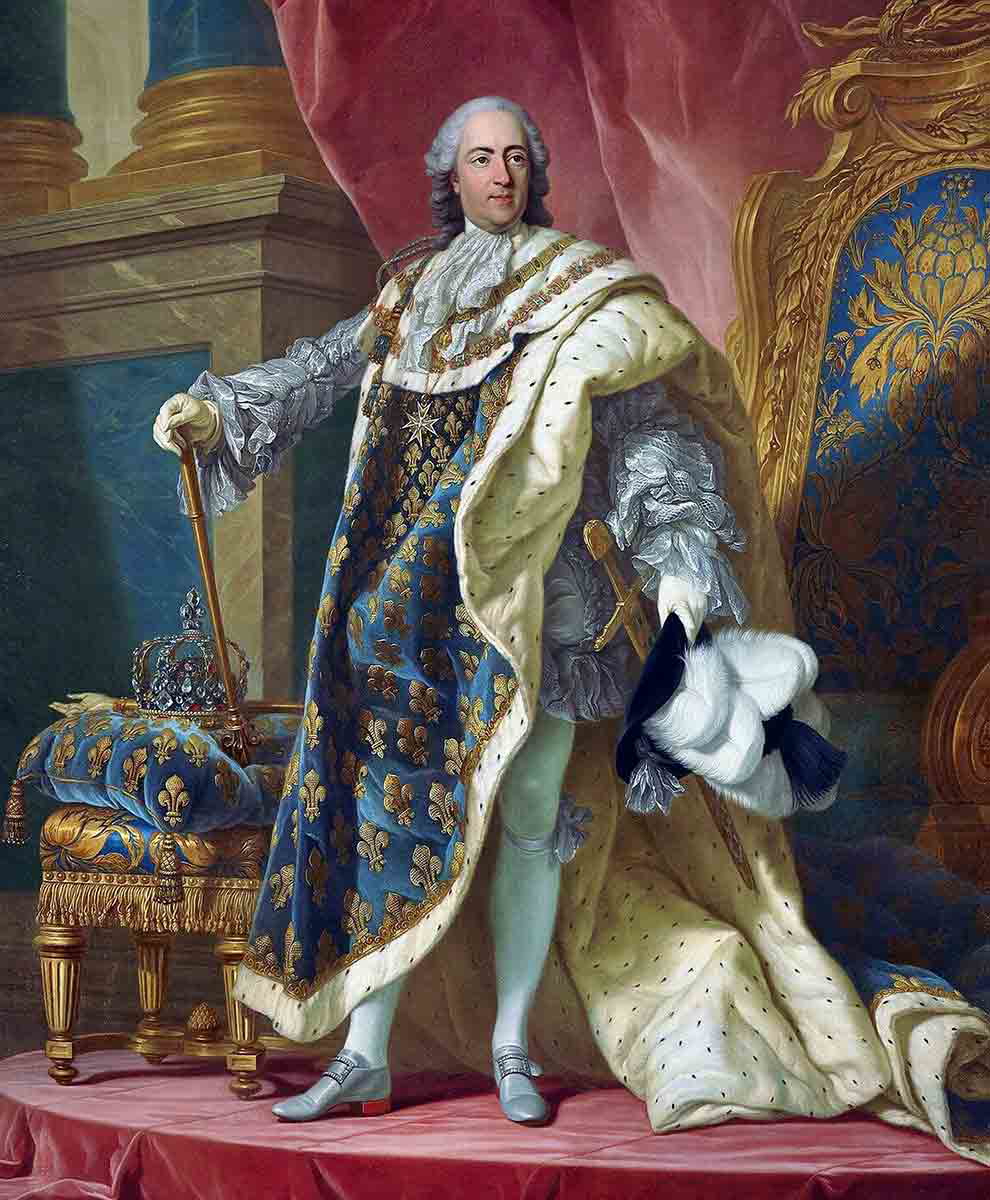
It is difficult to measure the scope of the legacy and the impact of the work of Denis Diderot. His influence spreads from literature and philosophy to applied sciences and political theory. However, his most significant legacy is making knowledge available to everyone who wants to learn. The Encyclopedia is one of the most important projects in modern history. It directly influenced modern philosophy and helped educate people interested in learning.
Another major legacy Dideorit left behind is the importance of standing up for what you believe, even if there is a potential price to pay. Diderot faced French authorities and the Church’s oppression, which gave him a taste of what it is like to speak your mind in an authoritative state. The important lesson that he learned from this traumatic experience is that he should continue supporting free speech, progress, science, and secularization, even if threats were looming over his head. He put education and the Enlightenment ideals before his well-being.
Diderot was a true Enlightenment champion. He had an enormous impact on the state of modern society, whether directly through his prolific writing or through influencing other writers through his publication of the Encyclopedia.
